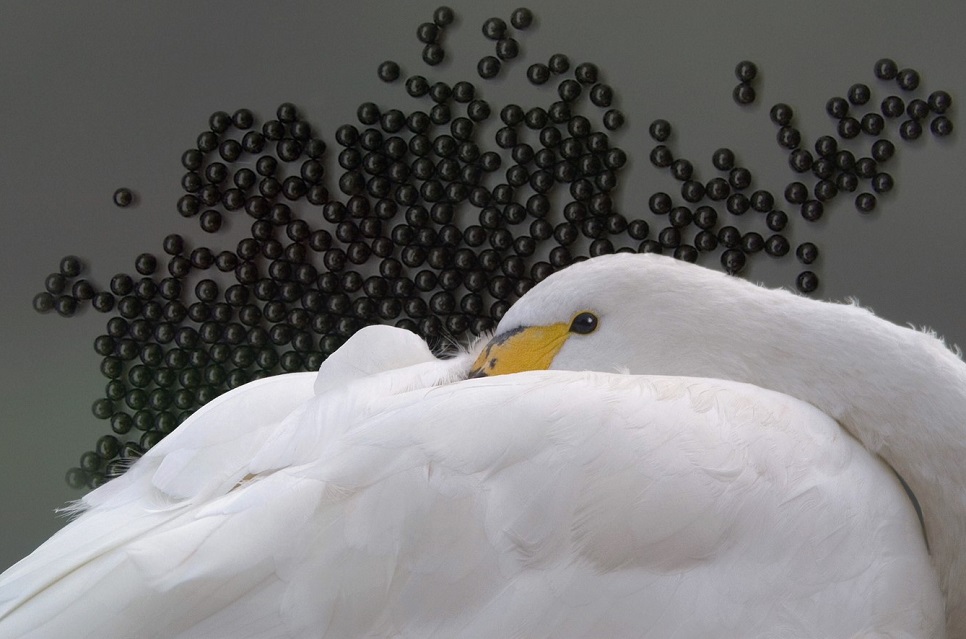They might be late, but the Bewick's swans really are on their way to WWT Slimbridge
Staff and visitors at the Wildfowl and Wetlands Trust (WWT) Slimbridge are eagerly awaiting the arrival of some 300 Bewick's swans for the winter, after reports from the Netherlands confirmed today they are on their way.
Contrary to recent press reports, the Bewick's' late arrival is not unheard of. Although WWT usually expects the first swans to arrive at Slimbridge around 21 October, in the late 1960s the swans didn't arrive until 9 November and in the early 1990s we saw the first Bewick's arrive on 3 November. Julia Newth, research officer at WWT, said: "There's still time for them to break the record for late arrival, but we are certainly not in a position where Bewick's swans are no longer coming to Slimbridge. Earlier today I heard of around 450 Bewick's in north west Holland, so this is a clear signal that the mass migration is well underway."
Wind direction and temperature are the primary factors influencing timing of migration for many species, including Bewick's swans. The past few weeks has seen mild weather, both here and on the continent, and predominantly westerly winds which seem to be the reason for the delay. Bewick's swans need a north easterly wind to migrate, so the forecast of easterly winds and plummeting temperatures later this week will encourage the birds to continue their journey to the UK and WWT hopes to see the first Bewick's arriving at Slimbridge within days. Bewick's are also yet to arrive at WWT Welney in Norfolk, where up to 6,000 Bewick's spend the winter.
Dr. Baz Hughes, WWT's head of species conservation said: "Clearly climate change is an issue, as short-stopping due to warmer winters and a decline in total population size has affected Bewick's swan numbers and distribution in recent years. However, numbers wintering at Slimbridge have remained stable over the past five years and the 5-6,000 individuals spending the winter on the Ouse Washes in Norfolk - many at WWT Welney - have, if anything, increased rather than declined."

